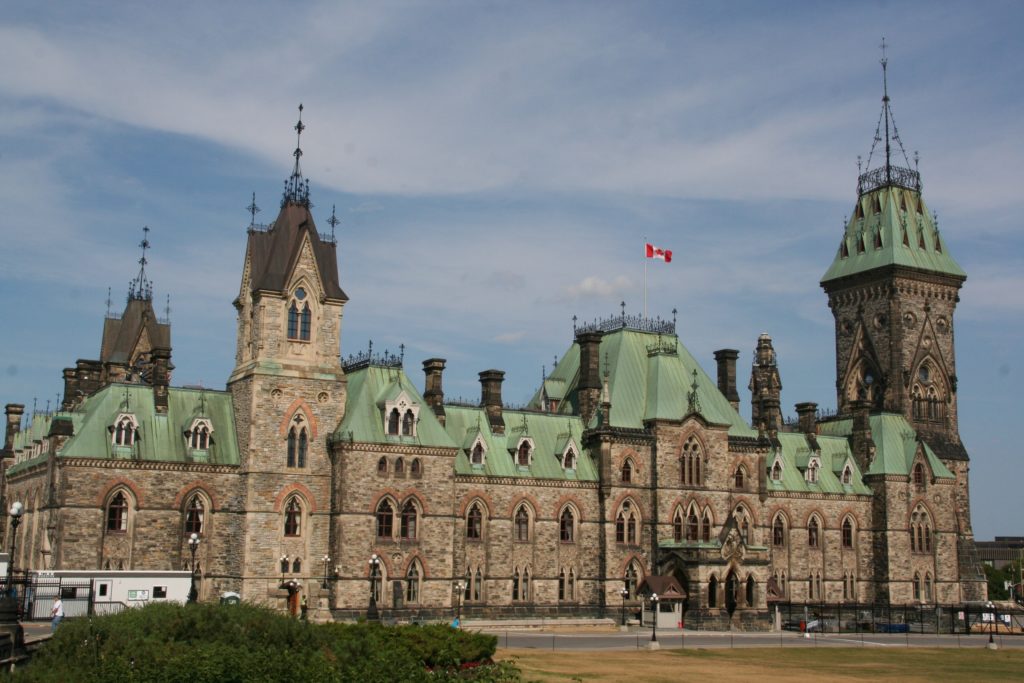Canadian governments are bad investors
Governments don't make for great investors, though they have other motives than generating a return.
Advertisement
Governments don't make for great investors, though they have other motives than generating a return.

Share this article Share on Facebook Share on Twitter Share on Linkedin Share on Reddit Share on Email